When a loved one dies and you have been named Executor of the Will, there are many things to be considered. Duties of an Executor generally take about one year for a straight forward estate but if assets turn up even years later, the Executor is still responsible.
The following are some of the things you will need to know if you are an Executor of a Will:
- Is a handwritten Will valid?
Some provinces in Canada allow a handwritten Will even if it has not been witnessed.
- What is a Probate?
A Probate is a legal court procedure to determine the Will's validity and to confirm an Executor's appointment as well as assess assets of an estate.
- Do all Wills have to be probated?
Probate will depend on the amount and nature of the assets, the number and nature of beneficiaries and the agencies or financial institutions that hold the assets. An asset that doesn't have to go through probate is land owned in joint tenancy with another person. (If this is the case an application will have to be filed in Land Titles along with a death certificate). Probate isn't required for joint bank accounts or vehicles owned jointly either. A death certificate is required however to transfer ownership to the surviving joint owner. Also RRSP's or insurance policies with a named beneficiary don't require probate. However, usually stocks and bonds will need to go through probate.
- Are there Probate fees?
An example of probate fees are: an estate valued at under $10,000.00 will cost about $25.00; for an estate over $25,000.00 but not more than $125,000.00, the cost will be about $200.00.
- What are death benefits?
It is money due beneficiaries from such plans as in Canada the federal Canada Pension Plan or Old Age Security, private company pension plans, unions and organizations such as the Masons. There may be more plans where there could be death benefits and it would be the Executor's responsibility to find them.
- What about the deceased person's income tax?
All income tax requirements must be filed and paid before disbursements of assets can be made.
The following are some of the duties of an Executor:
- to make funeral arrangements;
- cancel all charge cards, notify banks and contact all pension plans;
- to gather up and prepare a detailed inventory of all assets, i.e.: cash, securities, jewelery, real estate and contents of a safety deposit box;
- to determine debts owed and pay them;
- prepare and submit any necessary probate documents to the court;
- contact all beneficiaries then distribute assets between them after debts and probate costs have been dealt with. It will be necessary to obtain releases from each beneficiary.
Being an Executor to a Will is a responsibility that cannot be taken lightly. Those chosen to act in the capacity of Executor must be honest, impartial and scrupulous. And the deceased person probably chose you knowing that you could look after their interests on their behalf.
Subscribe to:
Post Comments (Atom)










































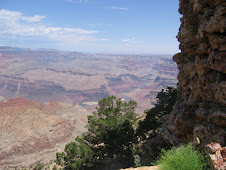
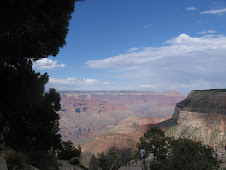




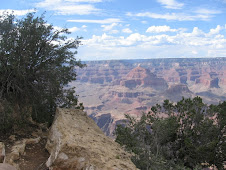
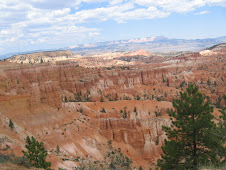




























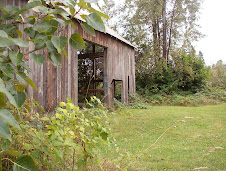




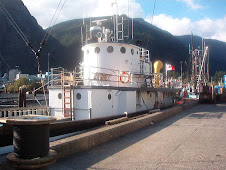

No comments:
Post a Comment